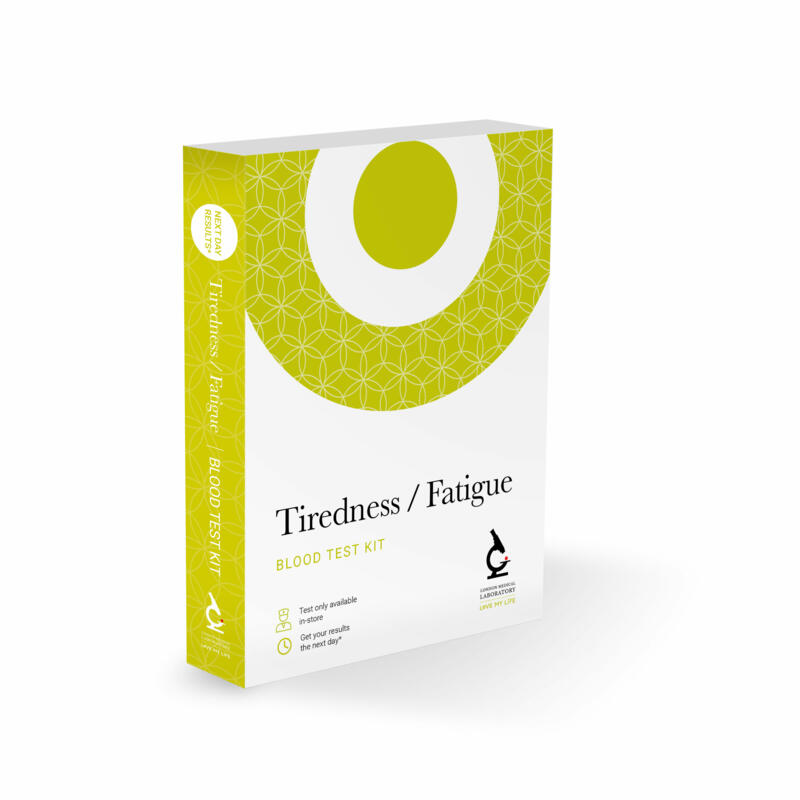
Tiredness/Fatigue Profile
Search for clues in your blood as to why you may be feeling unusually tired or fatigued with this targeted profile.
Including a full blood count, vitamin D, inflammation, iron, ferritin and thyroid function.
Abnormalities in any of these health indicators can cause fatigue.
This profile requires a phlebotomy sample.




















